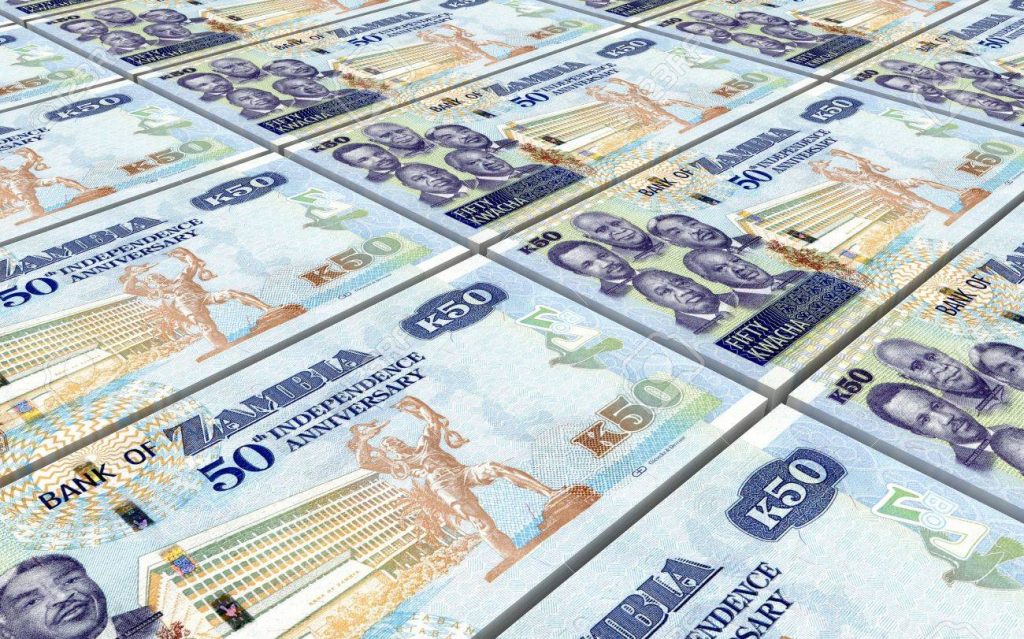In the pen ultimate fixed income sale of the 2023, held on Friday 24th November, 3 year kwacha bond yields rose 100 basis points to 22% amidst monetary tightening and debt restructure standoff risks. The central bank in Africa’s second largest copper producer Zambia raised its benchmark interest rate by 100 bps to 11% on Wednesday 22nd November, a day after announcing a 250 bps upward adjustment to the cash reserve ratio to 17%. This was a move aimed at reigning in on a weakening currency that has proved inflationary keeping the consumer price index outside the target band of 6-8% in the double digits, currently at 12.6% as at October. Zambia has grappled with a depreciating currency fueled by rising demand for foreign exchange matched by supply hurdles as mining production wanes this year and is expected at a 14 year low.
READ ALSO: Bank of Zambia Hikes Benchmark Interest Rate 100 basis Points to 11.0%, Domestic Outlook Brighter
The monetary tightening has seen the statutory reserve ratio lever pulled 800 bps higher cumulatively this year while the benchmark interest rate was raised a total of 200 bps. The Bank of Zambia’s sterlisation measures were taken to instill macreconomic and price stability as alluded to by the governor Dr. Denny Kalyalya in the latest monetary policy communique. However these measures are expected to raise the cost of finance which could impact private sector growth in the medium term. The BOZ still are bullish on Zambia’s growth prospects this year and have since adjusted the expected economic expansion to 4.3% from the earlier 2.7% supported by information communication technology, education, transport and tourism.
READ ALSO: Zambia’s Central Bank Pulls the Cash Lever 250 points Higher to Curb Notorious Currency
Breeding uncertainity on the fiscal front is the debt restructure quagmire after the bilateral creditors represented by China and France – co chairs- of the official creditor committee (OCC) expressed reservations on an ‘in – principle’ deal Zambia reached with the euro bondholders committee for dollar bond debt reorganization. This position could risk a restructure process protraction that if actualized would result in increased asset sell-off pressure and delayed progress on restoration to fiscal fitness. The International Monetary Fund and the OCC cited comparability concerns incompatible with G20 common framework that is, according the bondholders, a third more should the agreement be nodded by bondholders. Dollar bond restructure protraction will further delay the credit rating upgrade on the Southern African nations foreign currency long term issuer rating which is currently at default status with Fitch and Standards & Poor’s.
As expected, post a cash reserve hike, bids were K500 million lower than the K2.6 billion of assets on offer with K1.6 billion of that appetite fully absorbed at cost in an undersubscribed debt sale. Most commercial banks seemed cautious about participating given the liquidity outflow expected when the cash reserve ratio is effected on Monday 27 November 2023. Other tenors with curve movements higher were the 5 and 15 year tenors which rose 50 and 45 bps to 22.5% and 26.95% respectively. Markets remain anxious about whether the tightening will arrest the currency slide.
The Kwacha Arbitrageur

